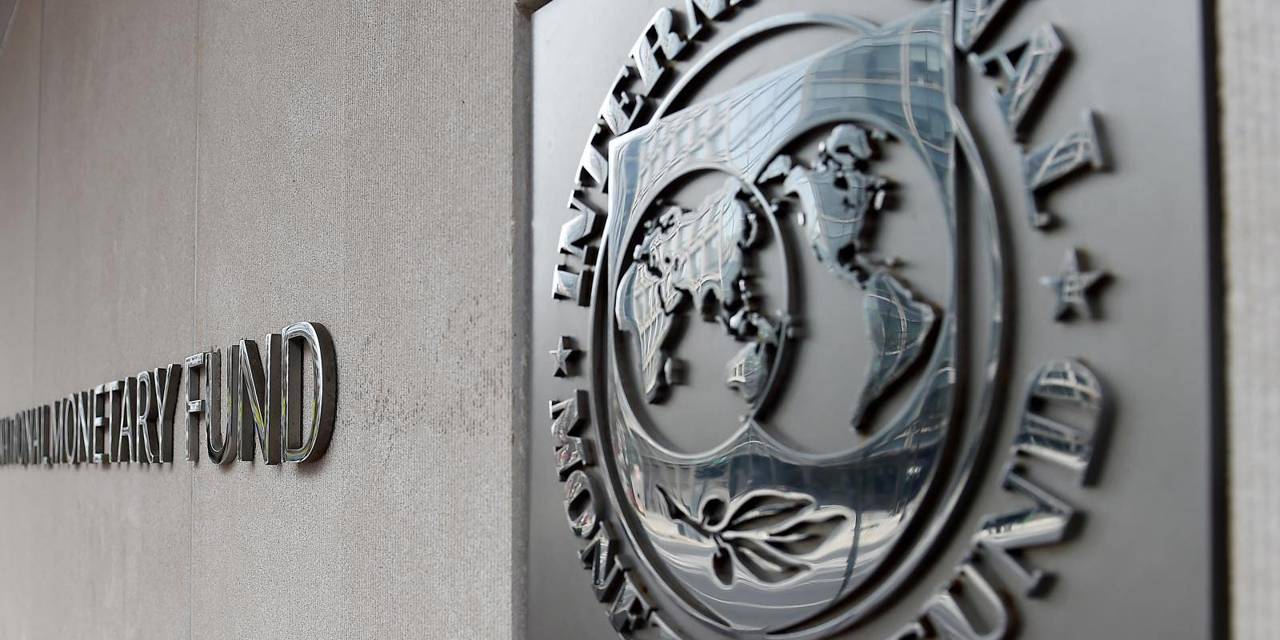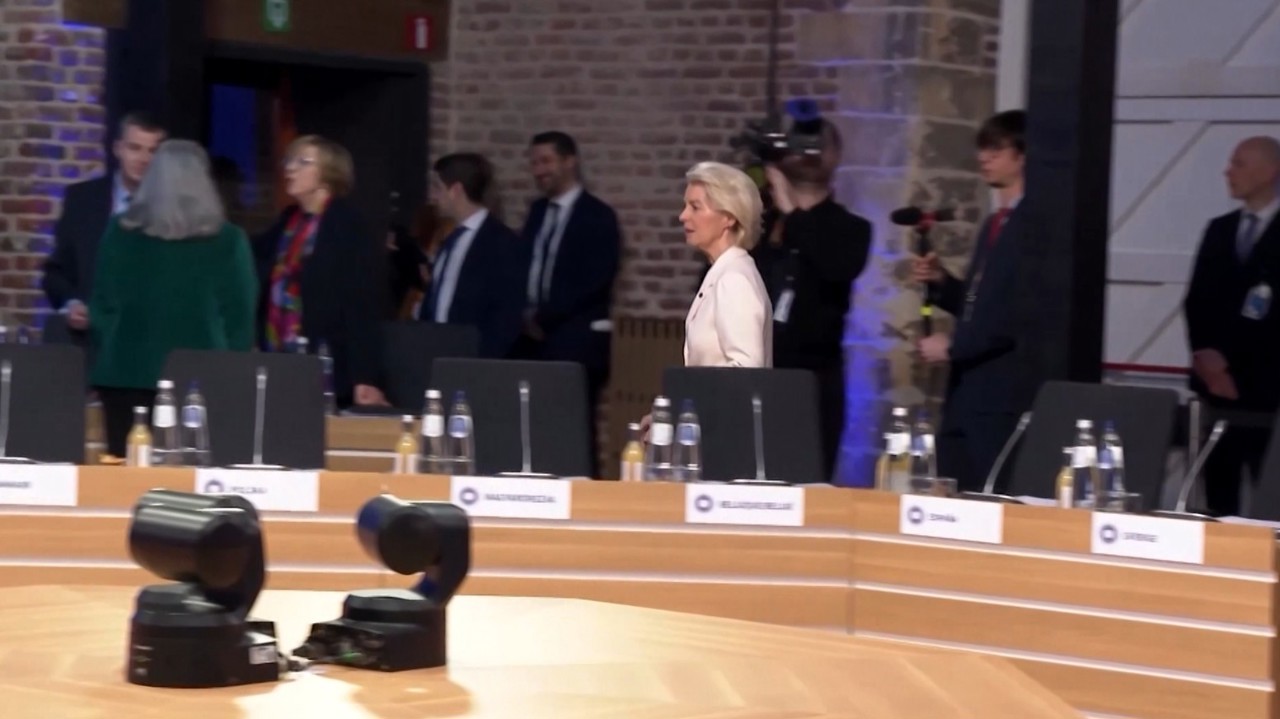Moldova to receive $148.3M IMF aid in 2024 for economic growth
The Republic of Moldova will have access to $148.3 million from the International Monetary Fund (IMF) next year through its ongoing programs.

This follows an agreement reached at the expert level between Moldovan authorities and the IMF mission, led by Alina Iancu, during discussions in Chișinău. The agreement is anticipated to receive approval from the IMF management and Executive Board by mid-December this year. With this, the total disbursements under the current programs will amount to approximately $810 million.
Alina Iancu, the head of the IMF Mission, stated that while quantitative indicators show positive results, progress in structural reforms remains uneven. "The authorities have fulfilled the conditions concerning financial inclusion, the insurance sector, and state-owned enterprises. Additionally, legislative amendments aimed at strengthening the autonomy and governance of the National Bank of Moldova are expected to be submitted to Parliament for adoption soon. Agreed measures to establish the Anti-Corruption Court and ensure adequate staffing for the Anti-Corruption Prosecutor’s Office are underway. The transition from subsidising energy costs in bills to implementing well-targeted cash transfers was completed on time, prior to the start of the heating season. Other reforms agreed upon under the Resilience and Sustainability Facility (RSF) program are ongoing, though their completion will require more time," noted Alina Iancu in an IMF-issued statement.
IMF experts observed that Moldova's economy, impacted by the war in Ukraine and shocks related to energy prices, is recovering, with inflation now within the target range. In this context, the IMF forecasts economic growth of 2.6% in 2024 and 3% in 2025, driven primarily by strong domestic demand.
"The downward revision of the budget deficit for 2024 and 2025, to 4.4% and 4% of GDP respectively, reflects higher-than-expected revenues driven by significant growth in wages and imports. Meanwhile, public expenditures have remained largely unchanged, with a welcome rebalancing toward investments planned for next year," the IMF noted.
However, IMF experts cautioned that the risk of deteriorating conditions remains high, primarily due to the war in Ukraine and potential new shocks in the energy sector.
On Thursday, November 21, Parliament approved in the second reading draft laws aimed at increasing additional financial assistance for Moldova through the Extended Fund Facility (EFF) and the Extended Credit Facility (ECF). The funds will be allocated to meet state budget needs.
The value of the loan provided by the IMF under the Extended Fund Facility will increase by 94.3 million Special Drawing Rights (SDRs), bringing the total to 396,175,000 SDRs. These funds will be disbursed in 12 equal tranches, with repayments starting 4.5 years after each disbursement. The loan will mature in ten years and carry a floating interest rate.
Similarly, the loan under the Extended Credit Facility will increase by 19.05 million SDRs, raising the total to 198,087,500 SDRs. This loan will be repaid in ten equal instalments, starting 5.5 years after each disbursement. The loan will mature in ten years, with an interest rate reviewed every two years and set at 0% until April 30, 2025.
Additionally, lawmakers approved in the first reading a draft law to increase Moldova’s IMF quota. Following the IMF Board of Governors' decision to raise quotas for all 190 member states, Moldova’s subscription amount is proposed to increase from 172.5 million to 258.8 million SDRs, aligning with global adjustments for all member states.
Translation by Iurie Tataru






